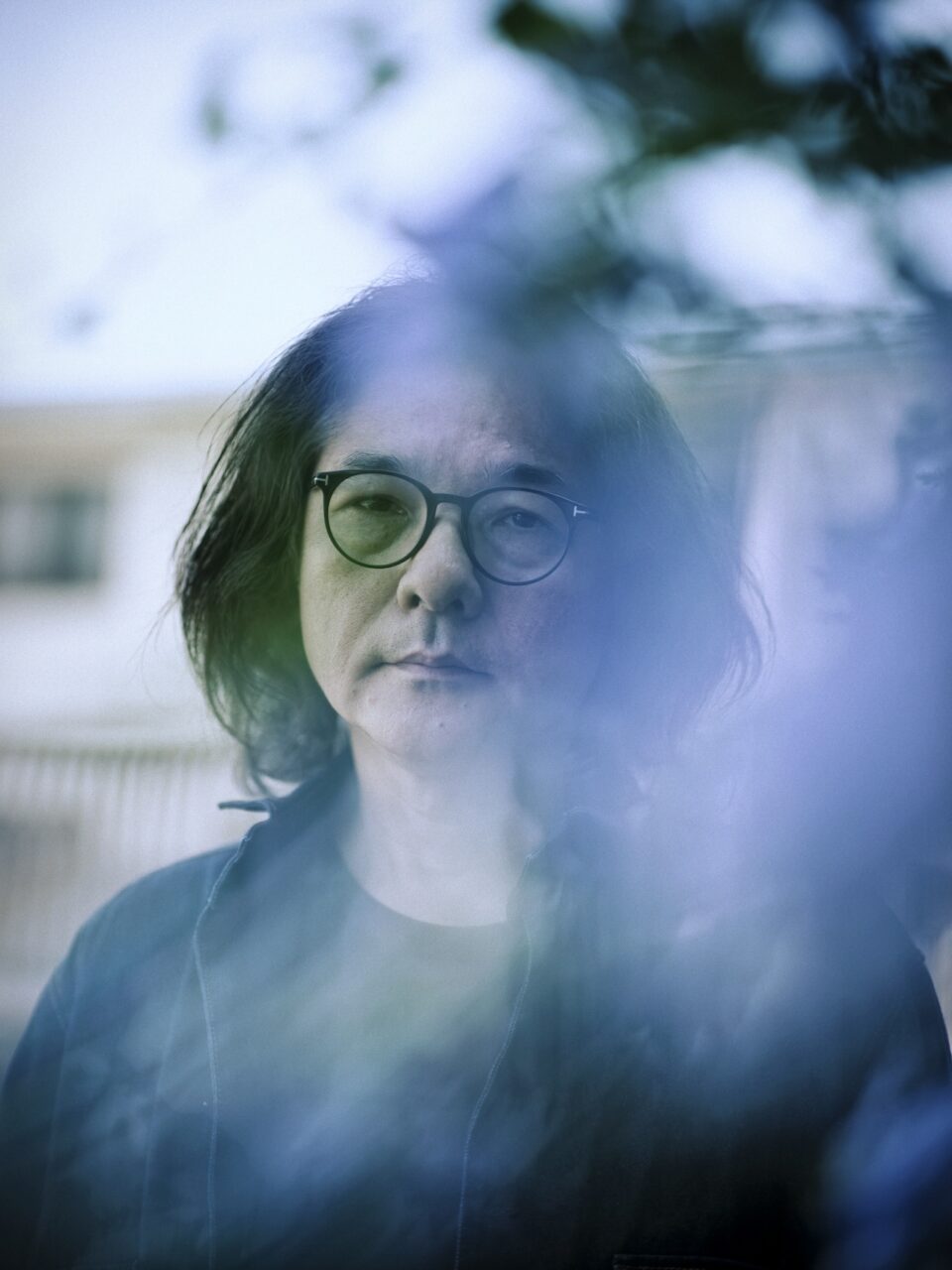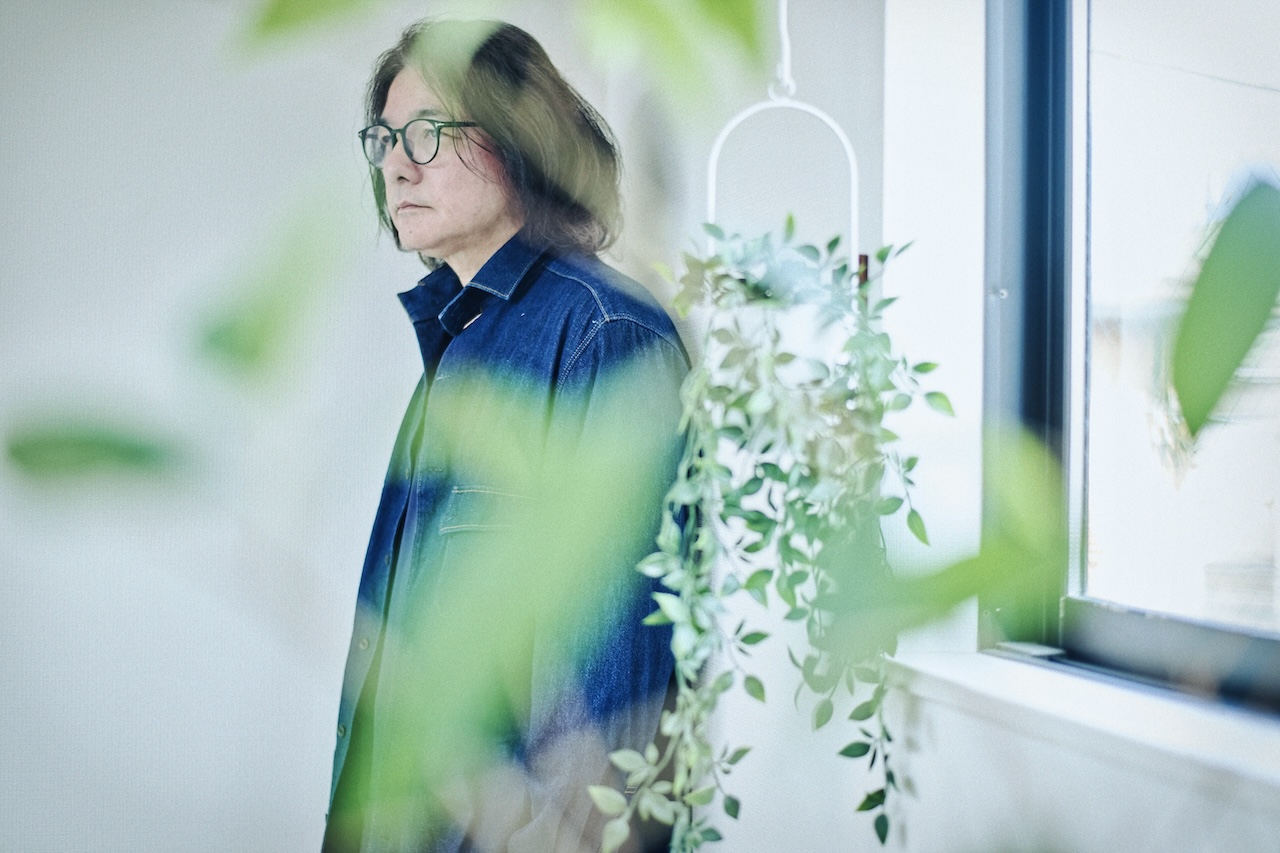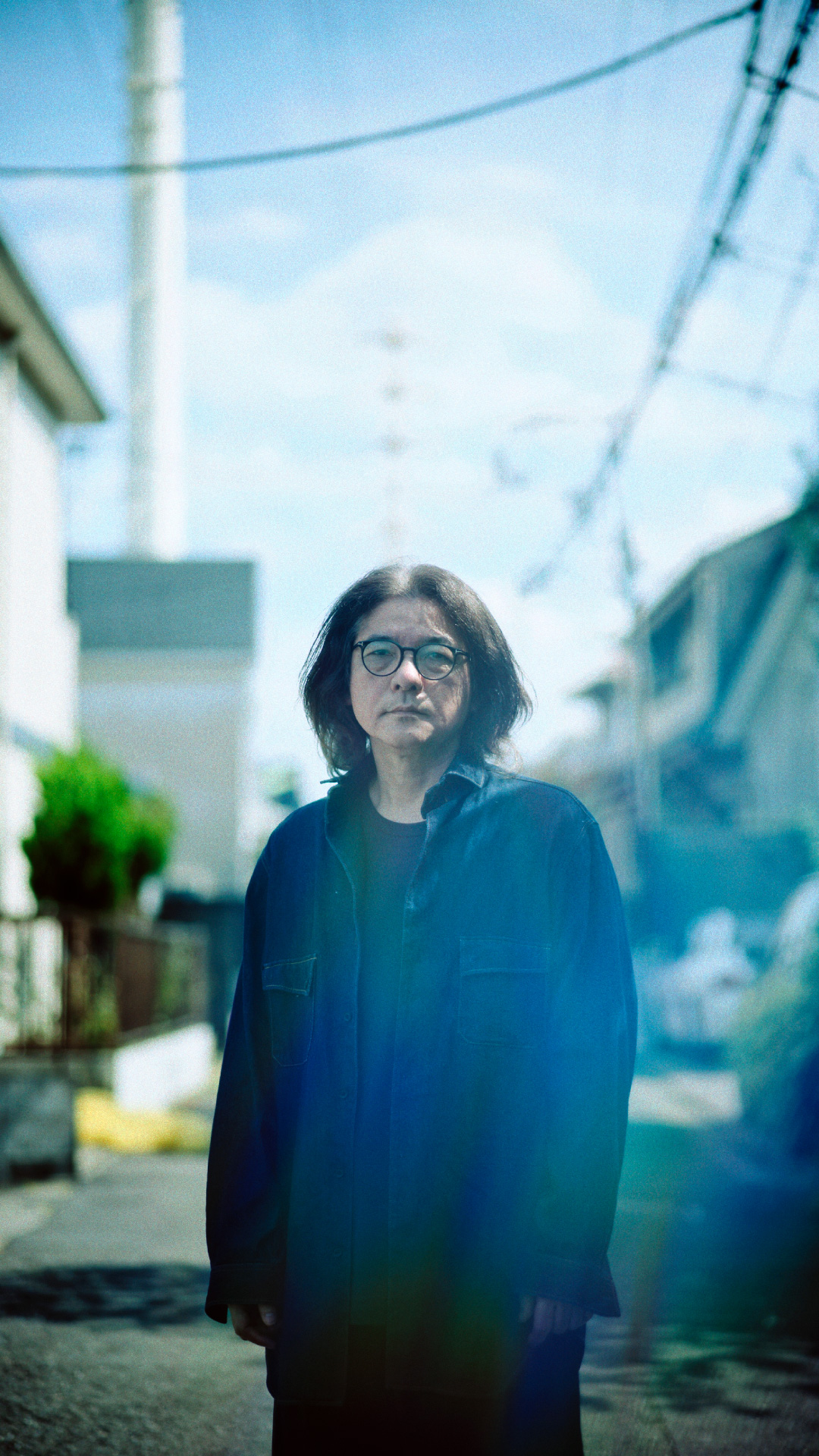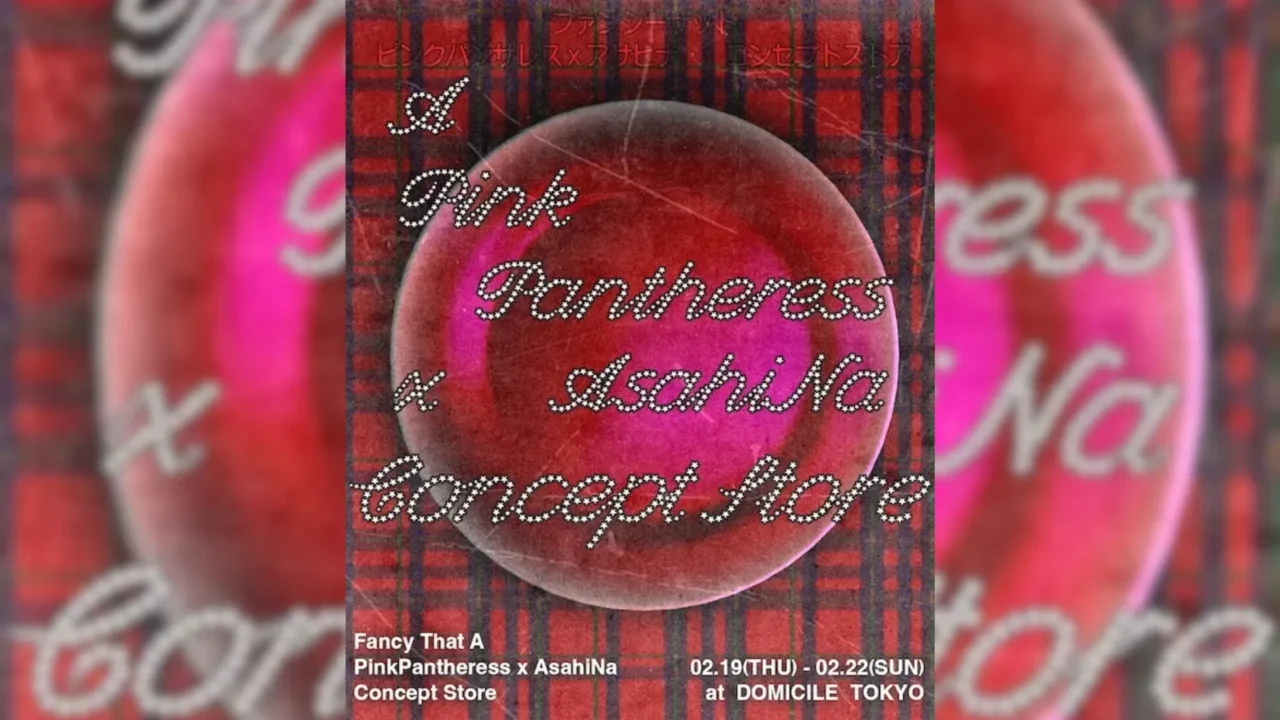For thirty years, Shunji Iwai has been quietly revolutionizing Japanese cinema. With films like Love Letter, Hana and Alice, and All About Lily Chou-Chou, he has created a body of work defined not by spectacle, but by atmosphere — a world suspended delicately between reality and reverie. His unique cinematic language, shaped by soft natural light, flowing landscapes, and carefully chosen music, has earned the nickname “Iwai aesthetics,” and has resonated deeply with audiences far beyond Japan.
At the heart of Iwai’s films is a deep sensitivity to sound and music. Whether it’s the melancholy swell of strings, the echo of silence in a snowy town, or the undercurrent of classical themes, music in his work is never ornamental — it is narrative. Collaborating closely with composer Takeshi Kobayashi, Iwai created what he calls “music films,” most famously Swallowtail Butterfly, and has since remained deeply involved in music not only through his film scores but also as the founder of music units like Hekuto Pascal and ikire.
Now, as he celebrates the 30th anniversary of his directorial debut, Iwai returns to the film that started it all: Love Letter. In a special one-night-only performance, he brings the score to life on stage, inviting audiences to experience the emotional core of the film through live music. Ahead of this event, we sat down with Iwai to reflect on his musical roots, the intimate relationship between image and sound, and how three decades of filmmaking have shaped the way he listens—to the world, and to himself.
INDEX
The Music Behind Shunji Iwai’s Early Memories: Osamu Tezuka’s Mushi Production and the Carpenters
Your film scores have a distinct, consistent feel. Can you describe the musical landscape of your earliest influences?
Iwai: Fundamentally, I don’t think it’s changed much. The music I’ve loved since I was a child remains largely the same, and when I listen to it now, I realize that the chord progressions I’m drawn to have been a constant presence.
What kinds of music have truly moved you over the years?
Iwai: It’s not so much about specific genres or individual songs, but rather that the chord progressions in the music I connect with share certain patterns. I only became aware of this later on. Honestly, I’m not sure why these progressions resonate with me, but they’ve been with me since childhood.

A visionary filmmaker, novelist, and composer born on January 24, 1963, in Miyagi Prefecture. Iwai first captured attention in 1993 with his innovative omnibus drama Fireworks, Should We See It from the Side or the Bottom?, earning the Directors Guild of Japan’s New Directors Award. His 1995 debut feature Love Letter resonated deeply across Asia, establishing him as a unique voice in contemporary cinema. Over the years, Iwai has continued to craft poetic, atmospheric works that blur the lines between reality and memory, securing his place as one of Japan’s most influential storytellers.
So rather than following popular trends, you trusted your own instincts about what music spoke to you?
Iwai: Exactly. As a child, I often listened to music from anime made by Osamu Tezuka’s Mushi Production. When I got to elementary school, kayōkyoku — the popular Japanese songs of the time — were everywhere, and I heard them naturally. But to me, the music from Mushi Pro felt more rich and layered. Looking back, it contained jazz influences and more modern chord progressions.
Your generation grew up during the heyday of folk and kayōkyoku, with music programs thriving on TV, correct?
Iwai: That’s right. But watching those music shows was almost painful for me. I had a kind of aversion to the music playing at home and in public spaces. Since we were somewhat forced to watch TV, it became a bit of a trauma. Then, in upper elementary school, I started listening to artists like the Carpenters and Yumi Matsutoya, which reignited my connection to music — but even then, the number of songs I truly liked was quite limited.

Did you listen to a lot of music actively to find songs that really resonated with you?
Iwai: I don’t think I was that proactive. But since I wasn’t influenced much by my parents, I guess I found music here and there on my own. I also liked soundtracks from Western films. When I was in elementary school, I would sometimes listen to collections of Western movie soundtracks and discover songs that way, or occasionally hear a piece from a foreign film I happened to catch on TV. I preferred simple arrangements — like just piano — rather than lavish, grandiose ones.

























